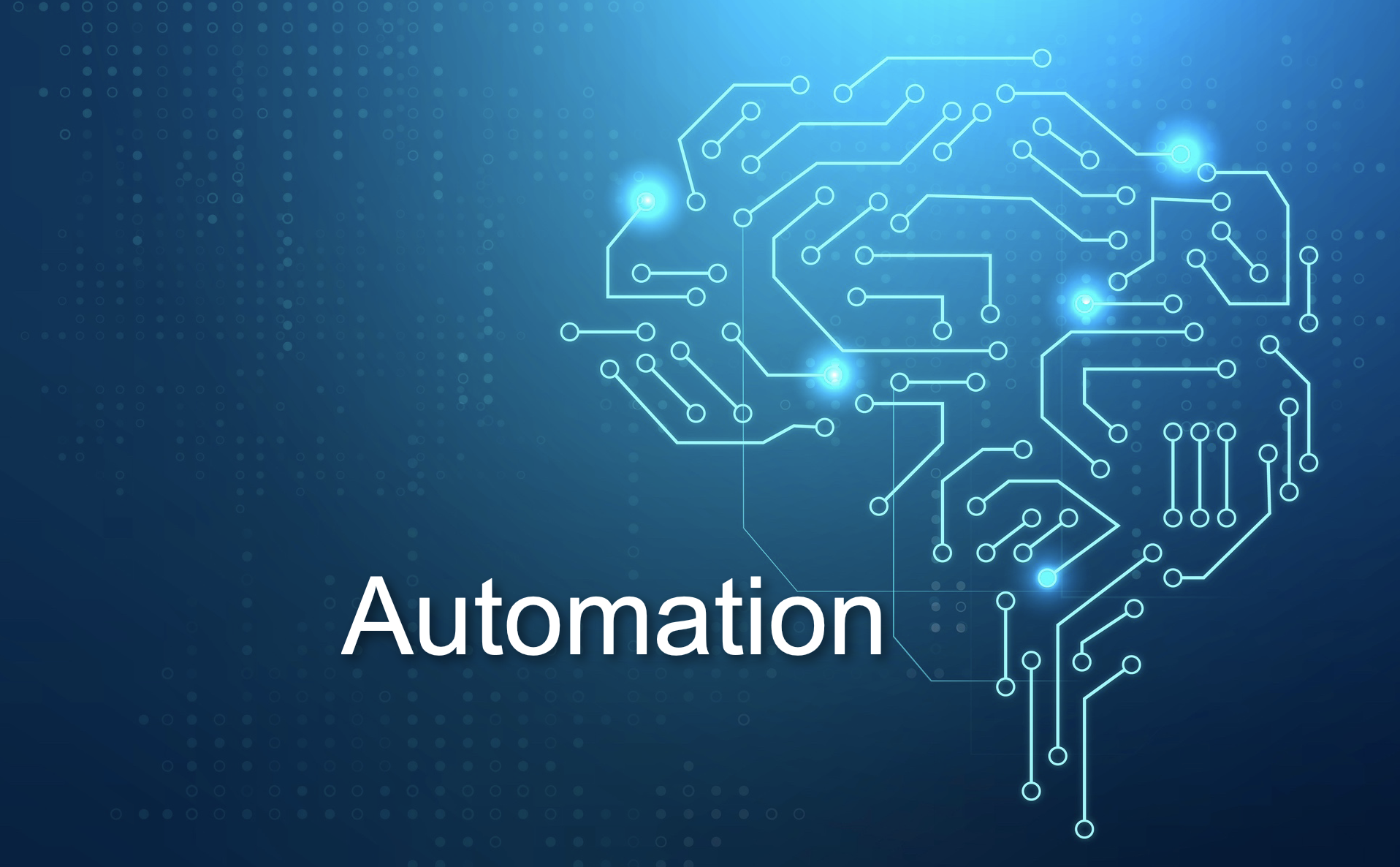What are Restaurant Modules and How do they Help with Management?
Do you have the right modules in place to manage your restaurant?

Contents
What are Restaurant Modules?
Restaurant modules are individual pieces of tech that help restauranteurs manage a certain aspect of running their business. For example, a Point of Sale (POS) would count as a module, as would a Kitchen display System (KDS), as would a Queue Ticket Kiosk and even a Photomenu (e-menu). The key thing distinction is that each module completes or enhances a certain management task in the restaurant, but work together to actually run under one efficient system.
Using these four modules as an example, let’s create a basic workflow of how these modules might work together and improve restaurant management:
1. A customer gets a ticket from the Queue Ticket Kiosk after entering in their party size
2. The information of when the queue ticket was placed and how large the party size is, is available on your POS for staff to view.
3. Staff can use the POS to assign seats to customers, which automatically relays that information to the Queue Ticket Kiosk
4. Customers are alerted to come into the restaurant as their queue ticket number shows up on the Queue Ticket Kiosk screen
5. Customers get seated and can look at detailed menu items and place orders directly on their e-menus
6. Their orders are automatically and instantly sent to a POS for approval, or fired straight to the kitchen
7. Orders come up on the Kitchen Display System, making it easy for chefs to keep track of what they need to prepare
This little workflow shows how utilizing just 4 modules can bring together customer-facing service, FoH service and kitchen service seamlessly.
3 Benefits of Restaurant Modules
As we eluded to previously, there are several benefits of utilizing restaurant modules to improve the way your business is managed. Let’s take a look at 3 ways in which restaurant modules will help your business run smoother, more efficiently and for less!

1. Time Savings
Let’s start by examining how restaurant modules can save your business a ton of time. In our example above, we saw that most of the important inputs were actually carried out by the customer (interacting with the Queue Ticket Kiosk and entering in their own orders). This saves your staff the time and hassle of having to run around your restaurant trying to manage several different things, most of which are actually a waste of their time. If a customer can easily enter in their party size and get a ticket, why have staff stationed at the door to help customers do this? If a customer can easily place their own orders through an e-menu, then why mandate that staff come to each table to take orders if customers can place orders faster themselves?
Of course, sometimes staff are needed to handle errors or offer customer assistance, but for those customers who are perfectly happy to actually do things themselves, your staff can have a far easier time, and your business will be able to run smoother. You also mitigate the likelihood of human errors since a member of staff doesn’t need to run back and forth between the outside of the restaurant, tables and the kitchen, all while having to remember orders and keep track of seating.

2. Flexibility
One of the key benefits of modules is that…well, they’re modular. This means that restaurant businesses can pick and choose the modules that are most relevant to their operations and not opt in for others. For example, if your business prefers to offer tableside service in-person, then adding e-menus as a module option can simply be be skipped.
This level of flexibility means that modular restaurant solutions can fit to almost any budget, while helping restauranteurs target the areas of restaurant management that they struggle with the most.

3. Automation
Don’t worry, unlike what movies and pop culture depict, we aren’t saying that adding restaurant modules will lead to a terminator running your restaurant. Instead, you can opt to implement modular pieces of tech that can help you automate mundane tasks that would otherwise drain your staff’s time, kill their morale and make management that much harder.
For example, when customers place an order through your e-menu, that order can be fired immediately to your kitchen instead of requiring a member of staff to manually write things down, punch the order into a POS and then deliver those tickets to the kitchen.
Manage Your Modules to Manage Your Business
When picking a restaurant solution that offers modules, it’s important to keep in mind the things we’ve discussed previously. Modules should be selected based on how much they will help your business manage things that were previously proving to be sore points and headaches. The modules of your restaurant solution should work together seamlessly so that you can benefit from automation and help your staff manage their tasks better. And finally, your restaurant modules should also be able to save your business time, which can lead to better table turnover.